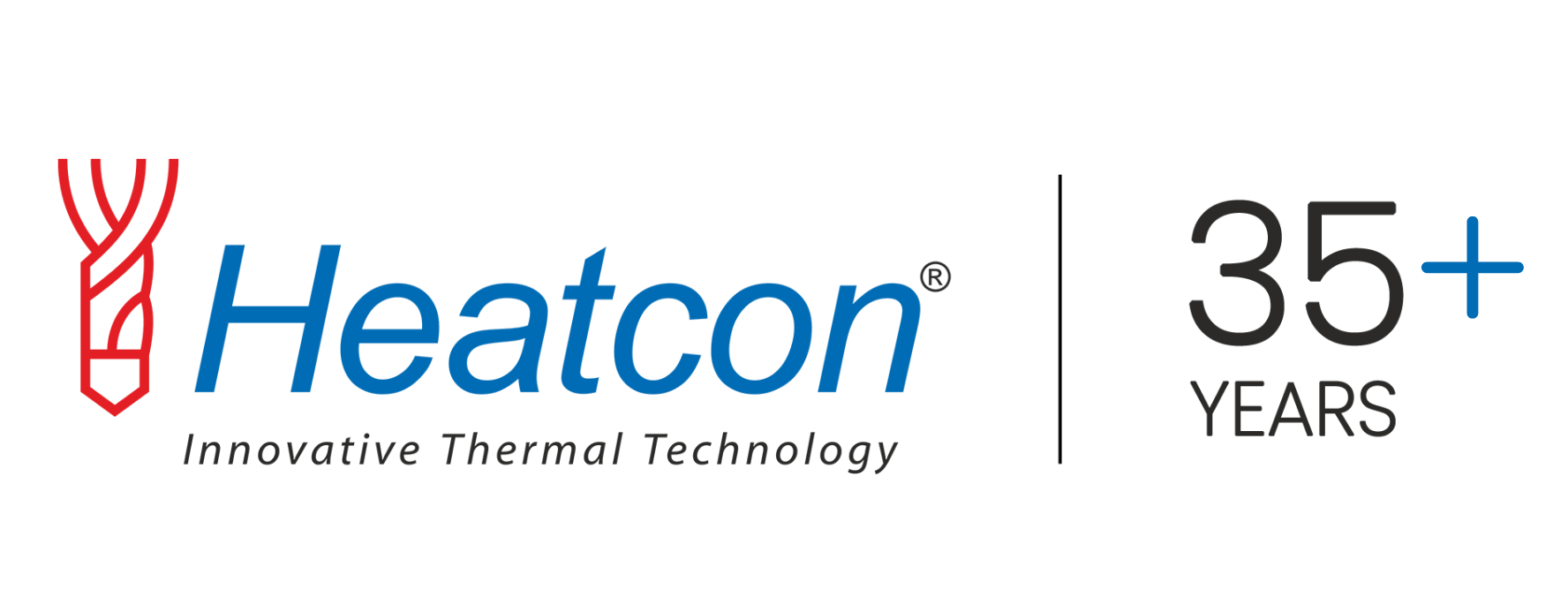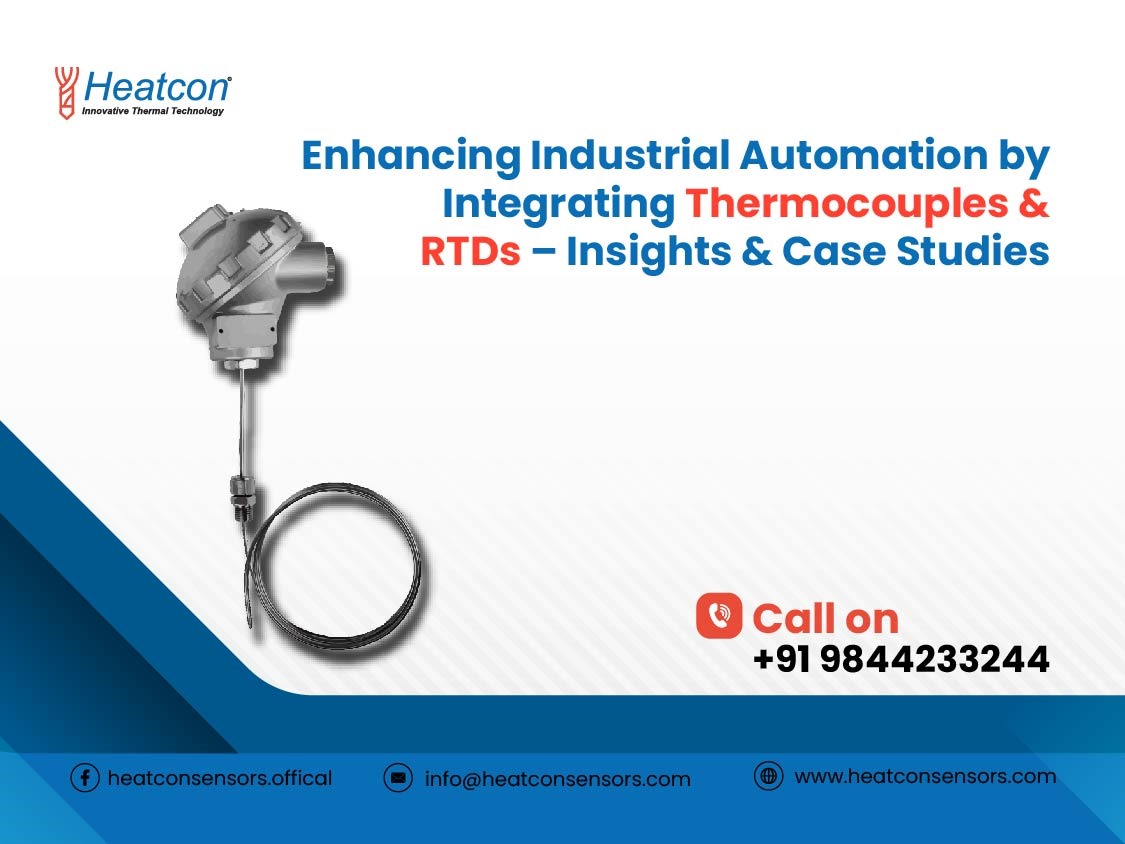For enhancing industrial automation, precision & reliability hold paramount importance. Whether we are talking of the manufacturing sector or the chemical processing industry, or even the energy production segment, monitoring of temperatures plays a significant role in ensuring the overall efficiency of the process, its safety, as well as the quality of the product thus produced. 2 widely used sensors for temperature measurements happen to be i) Thermocouples & ii) RTDs or Resistance-Temperature-Detectors. Integrating these two effectively could considerably increase industrial automation processes. Let us delve into some case studies & best practices for understanding the integration of Thermocouples & RTDs better.
Case Study 1: In a Chemical Processing Plant
In a chemical processing plant, precise temperature monitoring is quite crucial so as to ensure the efficiency & safety of different reactions taking place. Thermocouples & RTDs together can be integrated into this control system for better monitoring of the temperatures at different stages of this process. Thermocouples are widely known for their durability & vast temperature range. These could be used in high-temperature environments like reactor vessels. RTDs have greater accuracy & stability. They could be employed in critical areas wherein precise temperature control is much needed. These are usually in heat exchangers. By strategically integrating both of these sensors, the chemical processing plant can achieve comprehensive temperature monitoring. Thus, it enables timely adjustments to optimize reaction conditions. It also prevents overheating/underheating. This integration leads to a contribution in better productivity, reduced downtimes, and increased safety compliance.
Case Study 2: F & B Production Facility
In a food & beverage production facility, maintaining steady temperatures hold crucial importance so as to preserve product quality & safety. Thermocouples & RTDs could be deployed in an integrated way throughout the different stages of this process, from ingredient mixing to packaging. Many companies favor thermocouples for their affordability & versatility, which makes them best suited for measuring temperatures in refrigerators, ovens, and storage areas. RTDs have high accuracy & repeatability. So, companies can use them in critical control points like pasteurization units & cooling tunnels etc. So, by integrating these two this automation system, the F & B production facility can ensure precise temperature control. Thus, reducing any risks of spoilage and ensuring compliance too with food safety regulations. Such an integration also facilitates real-time monitoring & data logging, thus enabling proactive maintenance & quality control measures.
Best Practices for This Integration
- Redundancy: Install multiple sensors in critical areas to ensure reliability & fault tolerance.
- Signal Conditioning: Implement different signal conditioning techniques including amplification & filtering etc., to enhance accuracy & stability of temperature readings.
- Integration with Control Systems: Integrate sensors seamlessly with PLCs/DCS for real-time monitoring, control, and data logging.
- Select an Ideal Sensor: Understand the temperature ranges, accuracy requirements, and various environmental conditions to choose between Thermocouples & RTDs effectively.
- Calibration & Maintenance: There is a requirement of regular calibration & maintenance of these sensors to ensure accuracy & reliability over time.
In conclusion, integrating Thermocouples & RTDs in industrial automation have a myriad of advantages, from enhanced process efficiency to better product quality & safety. By adhering to the best practices, industries can optimize their temperature monitoring systems, thus paving the way for greater productivity & competitiveness in today’s dynamic market landscape. You can always walk towards the door of Heatcon Sensors for producing these products, where you can be assured of good quality & great service.


